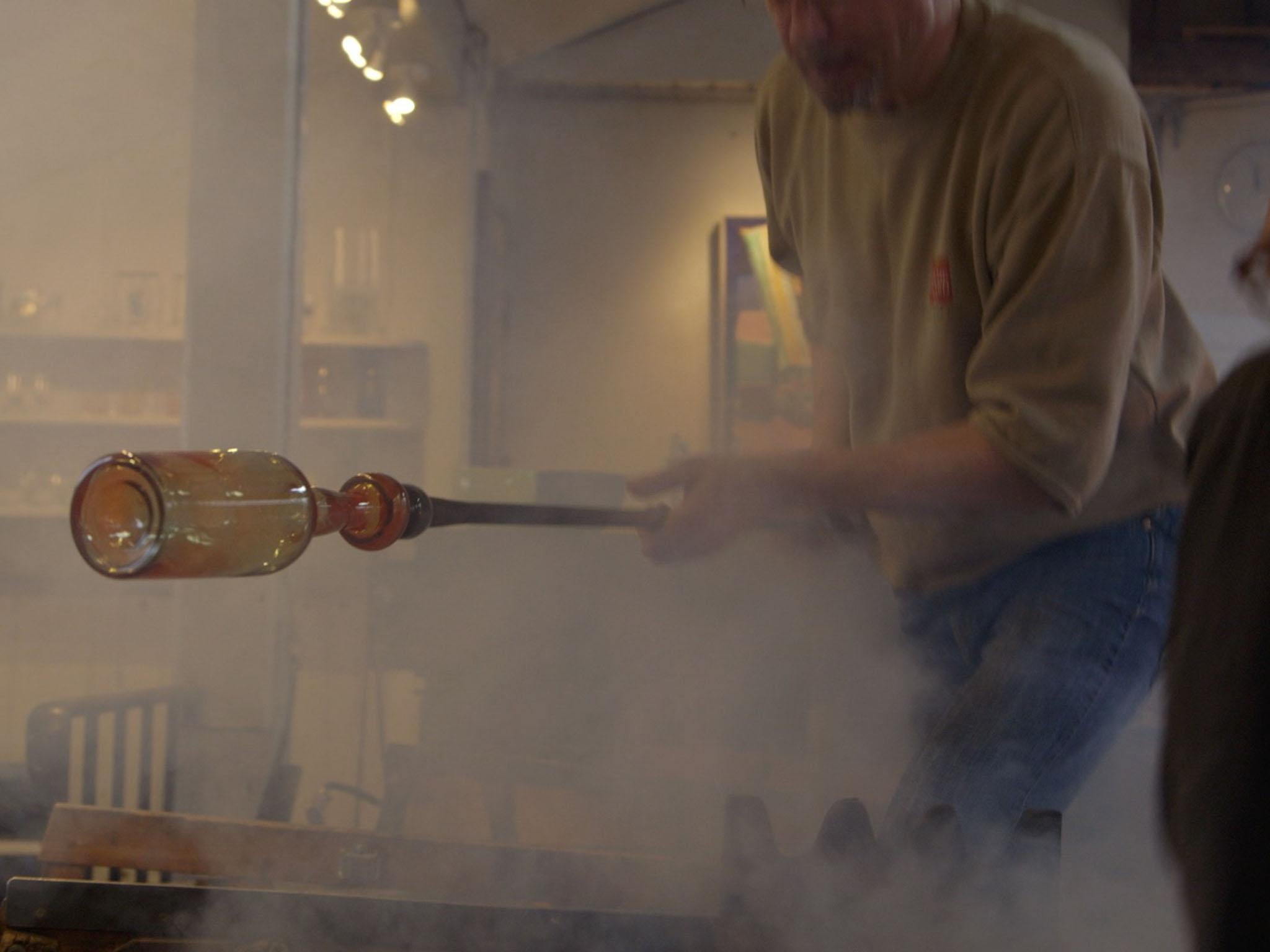Carlsberg's new £13 bottle of lager: What does it taste like?
"First thing's first - this stuff doesn't look like Carlsberg"
Carlsberg has released a bottle of lager costing £13 - based on a brew dating back to 1883 which was discovered during a cellar clearout in Copenhagen.
It is selling 600 bottles of 'Re-brew' lager for a month in the UK, after spending three years trying to cultivate the yeast strain found in the original bottle which dates back 133 years.
The brewery has even released a cheesy Da Vinci Code-style mini-documentary recreating the discovery of the old bottle, and the new beer's development.
The brew from 1883 was one of the first to use "pure" cultivated bottom-fermenting yeasts, which stopped beer from spoiling.
The style of lager at the time was far different to the one we know now, and is known as Munich dark lager, which is sweeter and darker than its modern-day cousin.
Carlsberg say they've spent three years trying to recreate the "father of quality lager" by cultivating the yeast strain and using a 19th century brewing technique to create a limited run of the product.
Carlsberg head brewer Erik Lund told The Independent: "This beer is a way for us to go back in history, it's a taste of the good old days.
"It took a lot of work but we've had it confirmed that the yeast strain we've cultivated is the same one we found in the bottle dating back all those years."
So, what does it taste like, and is it really worth the £12.95 price tag? Independent Lifestyle Editor Dave Maclean popped the cork on one of the retro bottles to find out:
"First thing's first - this stuff doesn't look like Carlsberg.
"From the old-school label to the mahogany colour, there are very few clues that this is related to its mainstream supermarket brother.
"A curious colleague with a mild yeast intolerance asked for a sip - but instantly recoiled from the smell.
"He was right to - it's got a a punchy, yeasty nose which gives a clue as to what's to come: a hearty, bready taste reminiscent of slightly overbaked sourdough loaf.

"It's got a thick, satisfying feel in the mouth, but it's not overpowering; there's a whiff of pine in there, and the sweet malty flavours come through well.
"I got a flash of sweet liquorice on the aftertaste, and a while after polishing off the bottle the whiff of cinnamonn-infused hot cross buns came through in my mouth."
Our verdict: "It's rare that you're challenged by a glass of Carlsberg but this does just that. It's not necesseraily quaffable and I'm not sure I'd part with my cash for another one, but it's definitely interesting.
"If you're into the history of beer and lager though, then the effort that has gone into recreating this will be worth the price tag - just for the heritage of the recipe and the effort that's gone into recreating it."
Carlsberg Re-brew will be available to buy from St Barts Brewery in London throughout October. All proceeds from sales of the beer will be given to the University of Nottingham’s International Centre for Brewing Science, and cover the course fees of a full-time Master’s student.
Join our commenting forum
Join thought-provoking conversations, follow other Independent readers and see their replies
Comments
Bookmark popover
Removed from bookmarks